Not all introverts are alike, and everyone is different from the other in some way. Even though every introvert might share some common behaviors and interests, there are actually 4 different types of introverts. So, what are the four types of introverts?
An introvert is someone who is described as “a shy, reticent person,” which to me, is an over-generalization. Psychologists agree with me on that point and have been debating that definition for years.
Carl Jung originally defined introversion as a focus on one’s “inwardly directed psychic energy,” and to me, that is a more accurate description than just saying someone is shy.
In the 1930s, a psychologist by the name of J.P. Guilford tried to measure Jung’s interpretation of introversion and found that there were multiple, distinct factors of introversion – making it a more complex character trait.
In the 1960s, Patricia Carrigan began to delve into the characteristics of introversion, and she said that when using the term “introvert”, “care must be taken to specify its conceptual and operational referent. What appear to be minor distinctions between the various conceptions may, in fact, be crucial ones.”
Then, in the 1990s came the “Big 5″ framework of personality: extraversion, neuroticism, agreeableness, consciousness, and intellect/imagination”. Within the “Big 5″ framework, introversion is simply the opposite of extraversion.
With the “Big 5″ framework being the predominant personality framework in modern psychology, the definition of an introvert is largely lost within the other personality frameworks. Being an introvert is not simply being the opposite of being an extrovert.
Noted personality psychologist Jonathan Cheek says, “by invalidating the ordinary language meaning of introversion by defining it solely as the opposite of Big Five Extraversion, the Big Five researchers are guilty of Psychological Imperialism.”
That is where Jennifer Odessa Grimes comes in. Under the advisement of Cheek, she wrote her master’s thesis that there are actually 4 different types of introversion: social, thinking, anxious, and restrained. Her STAR system is redefining how a psychologist thinks of introversion and challenging personality psychology standards.
Scott Barry Kaufman, the scientific director of The Imagination Institute in the Positive Psychology Center at the University of Pennsylvania, has put together a simplified version of the STAR test to see what type of introvert you might be.
The basic definitions of the 4 types of introverts are as follows.
Related: 13 Signs You Are An Introvert
4 Types Of Introverts
1. Social
Social introversion is the closest to the commonly held understanding of introversion, in that it’s a preference for socializing with small groups instead of large ones. Or sometimes, it’s a preference for no group at all — solitude is often preferable for those who score high in social introversion.
“They prefer to stay home with a book or a computer, or to stick to small gatherings with close friends, as opposed to attending large parties with many strangers,” Cheek said. But it’s different from shyness, in that there’s no anxiety driving the preference for solitude or small groups.
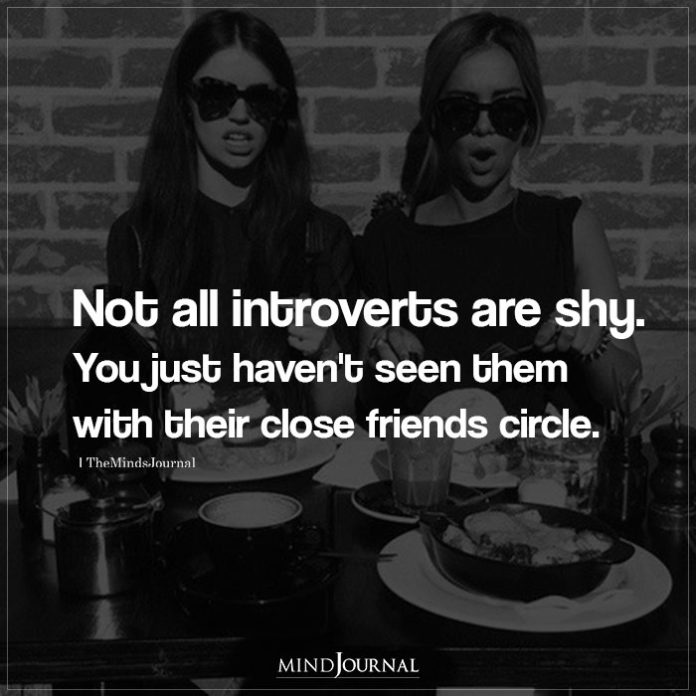
2. Thinking
Thinking introversion is a newer concept. People with high levels of thinking introversion don’t share the aversion to social events people usually associate with introversion. Instead, they’re introspective, thoughtful, and self-reflective.
“You’re capable of getting lost in an internal fantasy world,” Cheek said. “But it’s not in a neurotic way, it’s in an imaginative and creative way.” Think the dreamily imaginative Luna Lovegood, not the socially awkward Neville Longbottom, Cheek said, putting it into Harry Potter terms I, for one, am deeply familiar with.
Related: 4 Types Of Introverts According To Jungian Psychology
3. Anxious
Unlike social introverts, anxious introverts may seek out solitude because they feel awkward and painfully self-conscious around other people because they’re not very confident in their own social skills.
But, often, their anxiety doesn’t fade when they’re all alone. This kind of introversion is defined by a tendency to ruminate, to turn over and over in their minds the things that might or could or already have gone terribly wrong.
4. Restrained
Another word for this one is reserved. Restrained introverts sometimes seem to operate at a slightly slower pace, preferring to think before they speak or act. They also might take a while to get going — they can’t, for instance, wake up and immediately spring into action.
Haruki Murakami’s What I Talk About When I Talk About Running contains a passage that I think neatly illustrates the restrained introverts when he discusses how it takes his muscles a while to warm up when he starts to run.
Related: What Type Of Introvert Are You? Personality Test
“When I put on my jogging shoes in the morning and set out, my feet are so heavy it feels like I’ll never get them moving,” he writes. He says it’s the way his mind works, too: slow to get going. Murakami, I would bet, is a restrained introvert.
Which one are you?
You can take Kaufman’s quiz HERE.
Want to know more about the 4 introvert personality types? Check this video out below!
Originally appeared on I Heart Intelligence
Frequently Asked Questions (FAQs)
Is omnivert and ambivert same?
Omnivert and ambivert mean the same thing. Both are meant to signify the person who displays both introverted and extroverted qualities.
Are social introverts rare?
Not really. Social introversion is considered to be the most common form of introversion, as it perfectly defines how introverts really are, i.e., they always prefer to socialize in small groups instead of large ones.
Introversion isn’t totally genetic?
Introversion isn’t always genetic, as most of the time, it is influenced or caused by the kind of environment you live in from a young age. It also depends on how much extroversion you can handle.
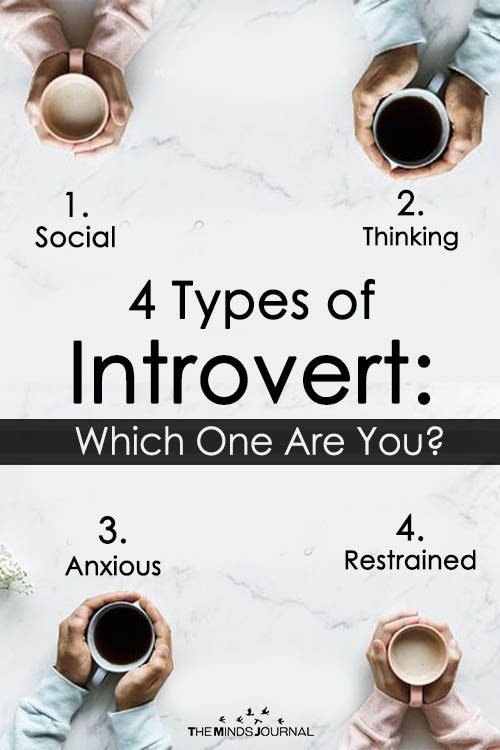
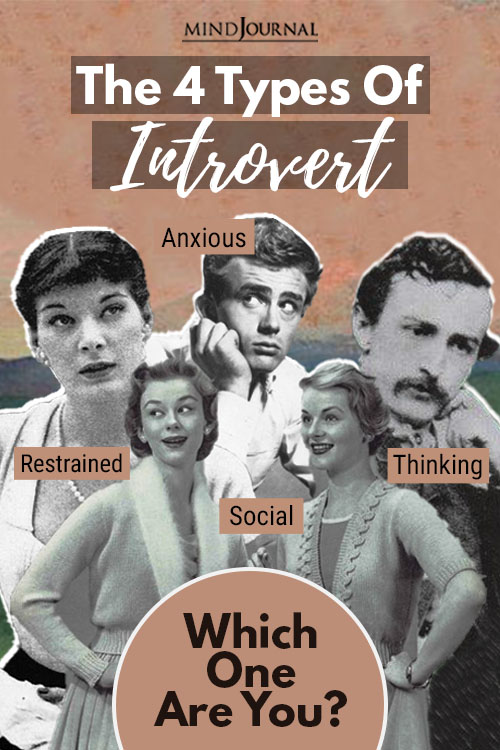

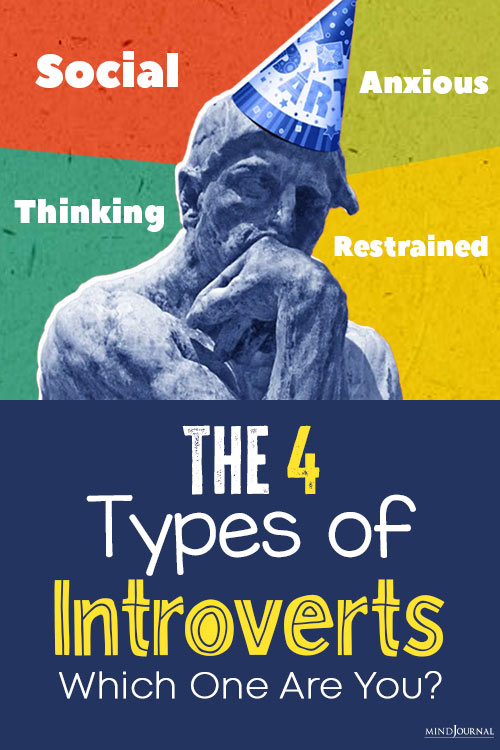

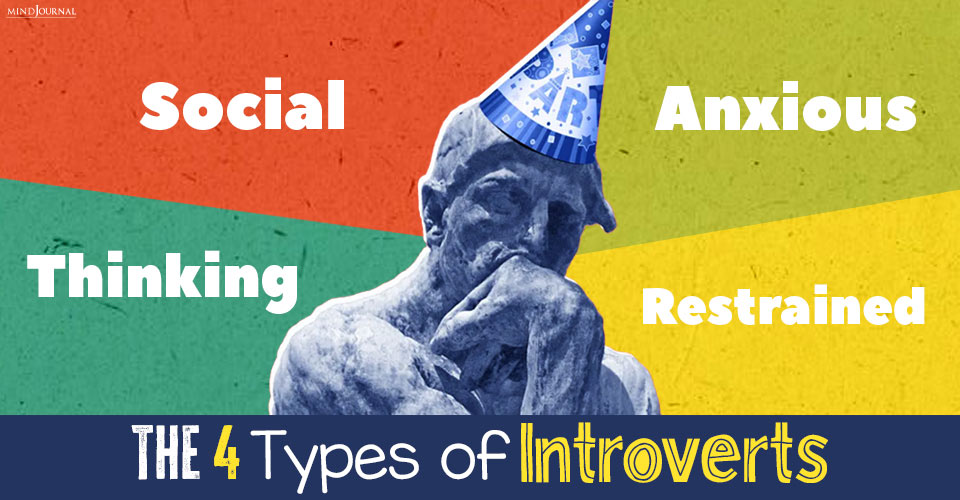
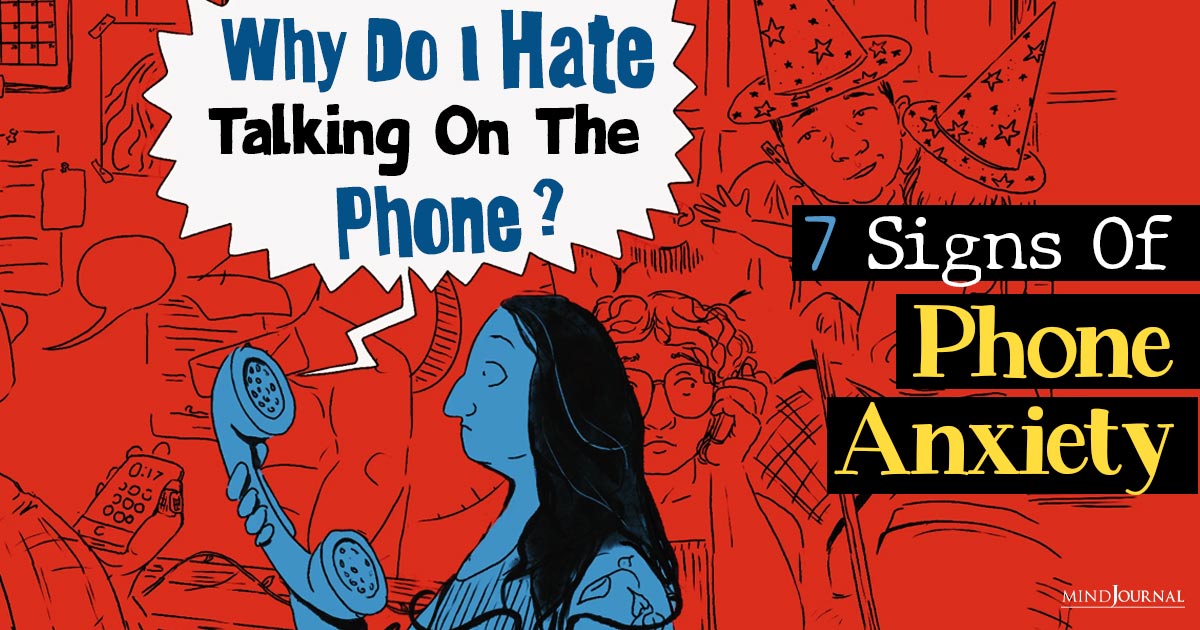
Leave a Reply